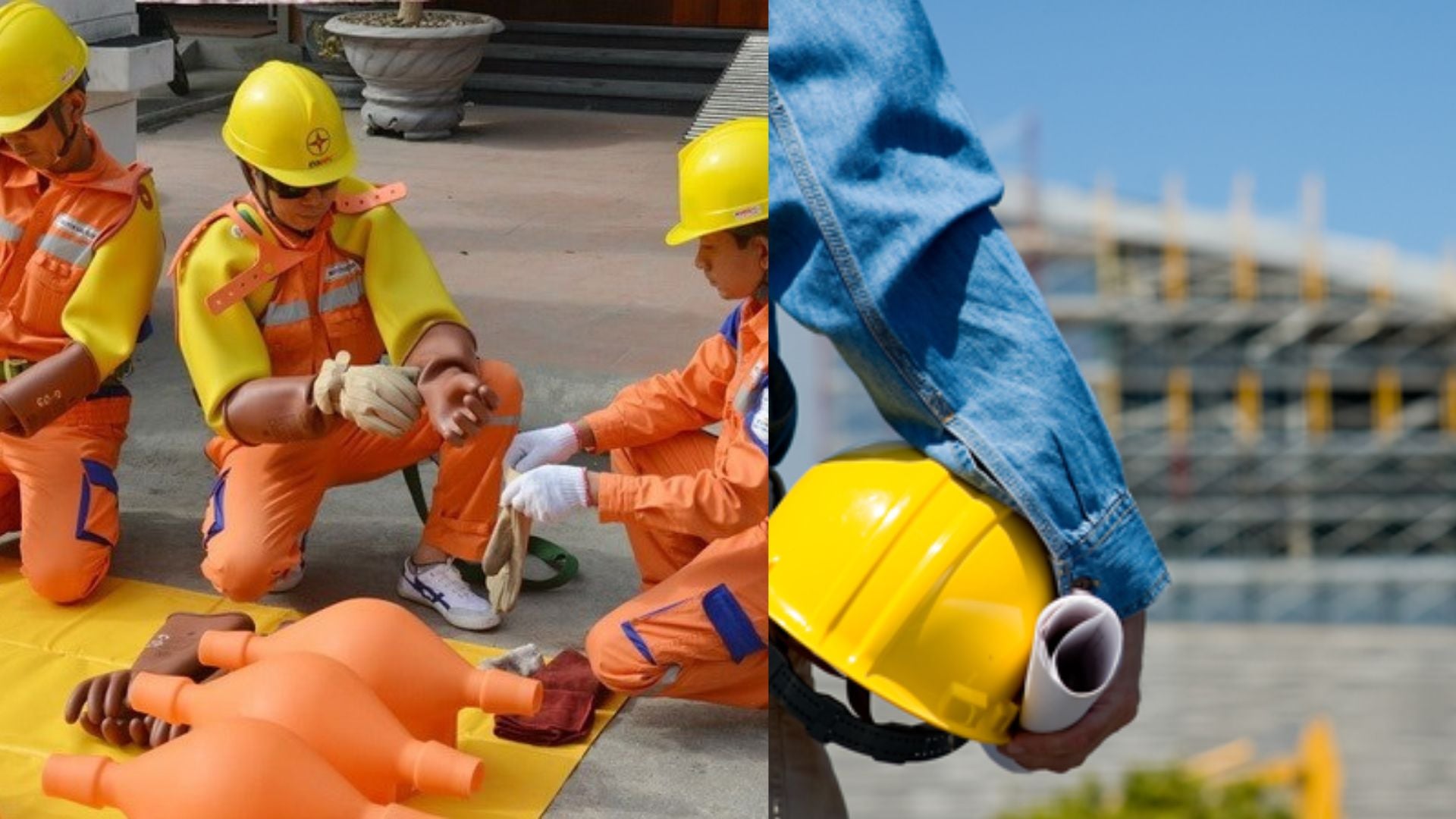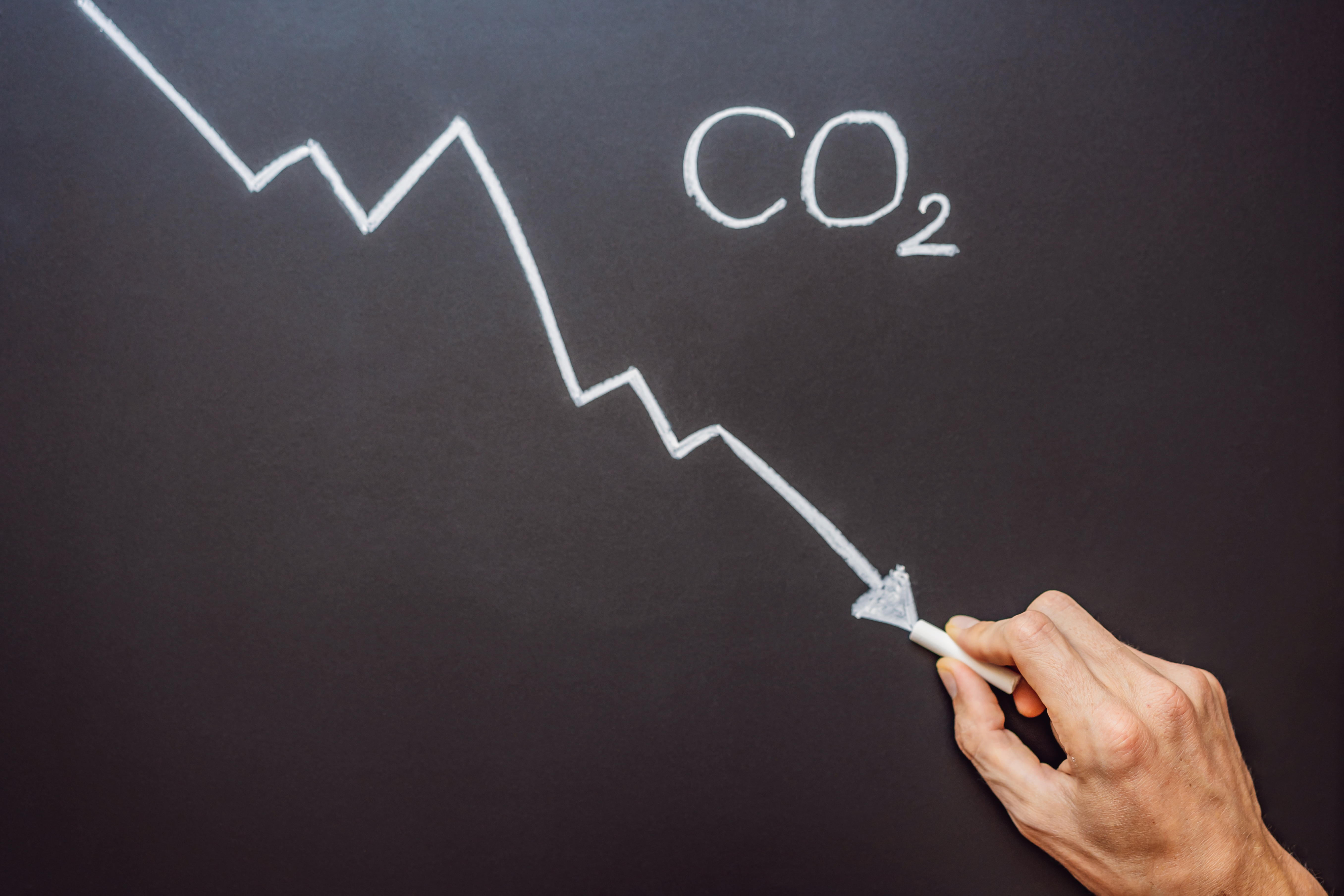Titanium Dioxide (TiO2) is no longer classified as a Carcinogen
On August 1, 2025, the European Court of Justice (ECJ) issued a final ruling, officially annulling the European Commission's (EC) 2020 regulation that classified certain forms of powdered titanium dioxide (TiO2) as a suspected Category 2 carcinogen by inhalation.
The ruling brings an end to a multi-year legal battle. The Court upheld the opinion of the EU's General Court, concluding that the European Commission had made a "manifest error of assessment" in its scientific evaluation. The main reason is that the evidence used (lung tumors in rats) did not prove that the cancer risk was an "intrinsic property" of the TiO2 substance itself. Instead, the effect was attributed to the phenomenon of "particle overload" in the lungs of the laboratory animals, a mechanism that cannot be reliably applied to humans under realistic exposure conditions.
With this ruling, the requirement to include a cancer warning label (H351 - "Suspected of causing cancer") on products containing powdered TiO2 in the EU has been completely removed. The European Chemicals Agency (ECHA) updated its database on August 25, 2025, to reflect this change.
The Legal Journey
This complex legal process went through several key milestones before reaching its conclusion:
- 2016: Agence nationale de sécurité sanitaire de l’alimentation, de l’environnement et du travail (National Agency for Food, Environmental and Occupational Health and Safety (ANSES)), France first submitted a proposal to ECHA to classify TiO2 as a carcinogen.
- 2017: ECHA's Risk Assessment Committee (RAC) issued an opinion supporting this classification.
- February 2020: The European Commission formally adopted Regulation (EU) 2020/217, applying the classification and requiring the warning label.
- November 2022: In a major turning point, the EU's General Court annulled the regulation after manufacturers and industry associations filed a lawsuit.
- February 2023: The European Commission and France appealed the General Court's decision, bringing the case to the European Court of Justice.
- August 1, 2025: The European Court of Justice dismissed the appeal, upholding the General Court's ruling and concluding the case.
What Should Businesses Do?
This ruling simplifies regulations for many industries. Businesses that use or sell products containing powdered TiO2 can:
- Review and remove the H351 warning from product labels, packaging, and technical documents. Safety Data Sheets (SDS) should be updated to reflect the new legal status, ensuring hazard information is accurate.
- Proactively inform distributors, customers, and end-users about this regulatory change.
- Maintain occupational health and safety principles for handling powders, even though the cancer warning has been removed. Businesses should continue to apply dust control measures and provide appropriate personal protective equipment (PPE) to protect workers from general respiratory risks.
- Be aware that this ruling does NOT affect the EU's ban on the use of TiO2 as a food additive (E171). This ban remains in full effect and must be strictly followed by businesses in the food, pharmaceutical, and dietary supplement industries.
Read more about the judgment here.




